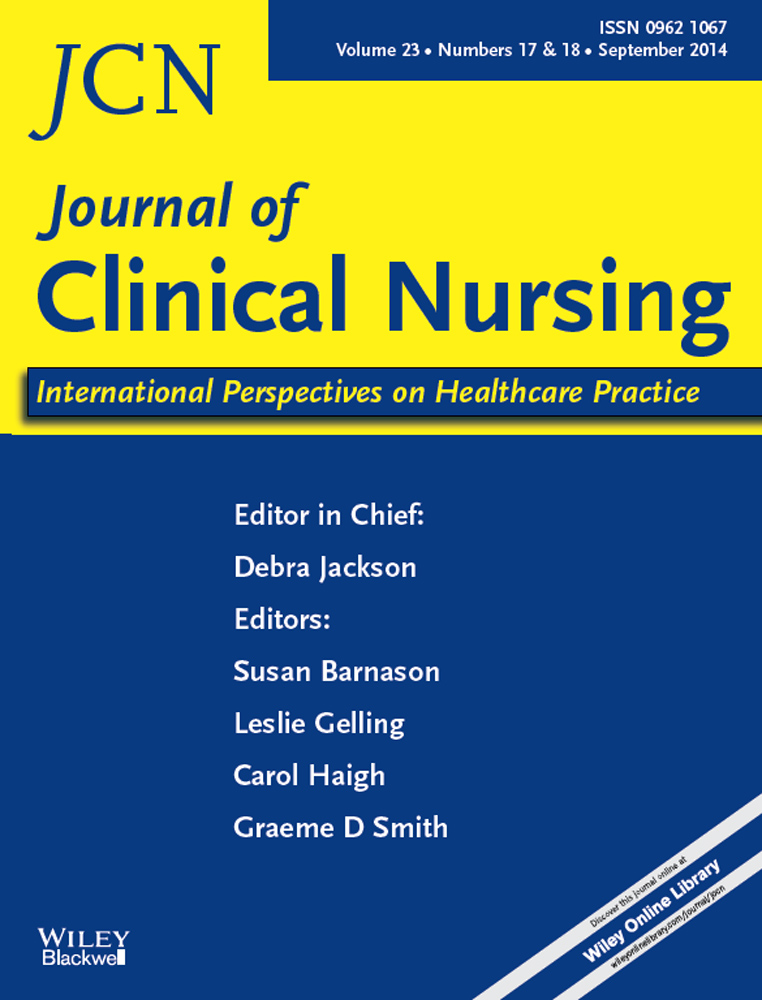The efficacy of a self-management programme for people with diabetes, after a special training programme for healthcare workers in Taiwan: a quasi-experimental design
Abstract
Aims and objectivies
To analyse the efficacy of improving disease management after implementing a self-management programme for people with type 2 diabetes administered by healthcare workers who have received special training.
Background
The needs for diabetic care include increased training for healthcare providers to enhance their confidence and skills in managing patients, both physically and mentally.
Design
Quasi-experimental design.
Methods
This study recruited participants from outpatient clinics in 10 hospitals in Taiwan. In 2010, purposive sampling was used to recruit 228 participants from two medical centres, five regional hospitals and three district hospitals. Participants were enrolled in a ‘diabetes self-management programme’ (watching patient videos, reading a diabetes self-care handbook, participating in four consultation courses of diabetes self-efficacy improvement, telephone follow-up and positive reinforcement). Efficacy analysis of post-test diabetes outcome variables of the experimental group was carried out. Sex, age and pretest score were used as the control variables for ancova test.
Results
Patients in the experimental group had significant improvement in body mass index (p < 0·01), waistline circumference (p < 0·001), haemoglobin A1C levels (p < 0·001), degrees of anxiety and depression (p < 0·001), self-efficacy (p < 0·001) and levels of self-care (p < 0·001).
Conclusion
Self-efficacy of people with diabetes can be effectively improved by planned implementation of a ‘diabetes self-management programme’ by trained healthcare workers.
Relevance to clinical practice
The diabetes care professionals are provided the self-management programme to strengthen the awareness and importance of self-management in diabetes care.




